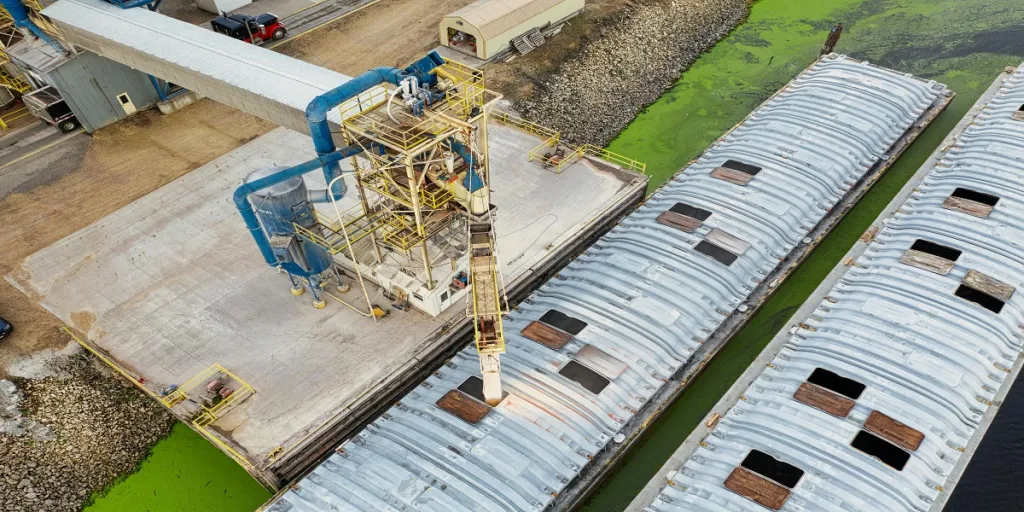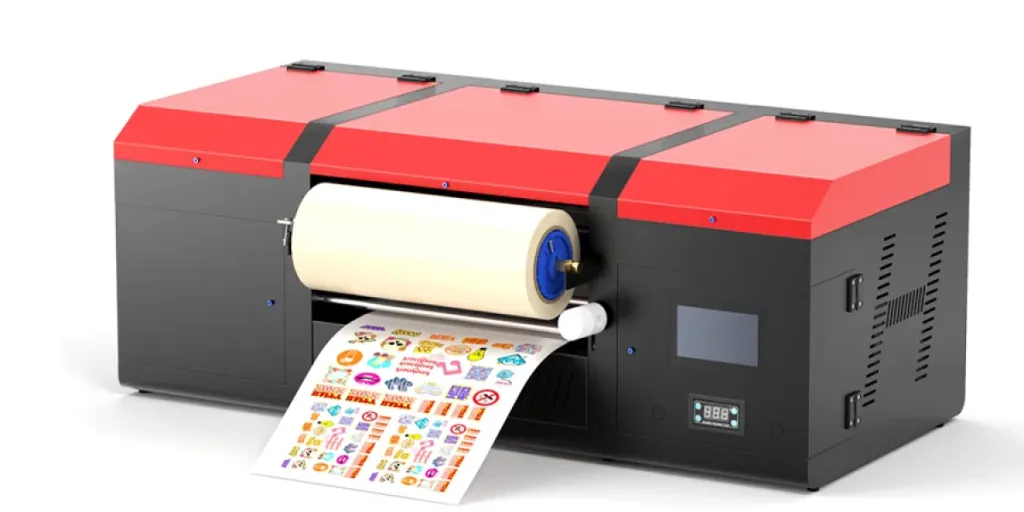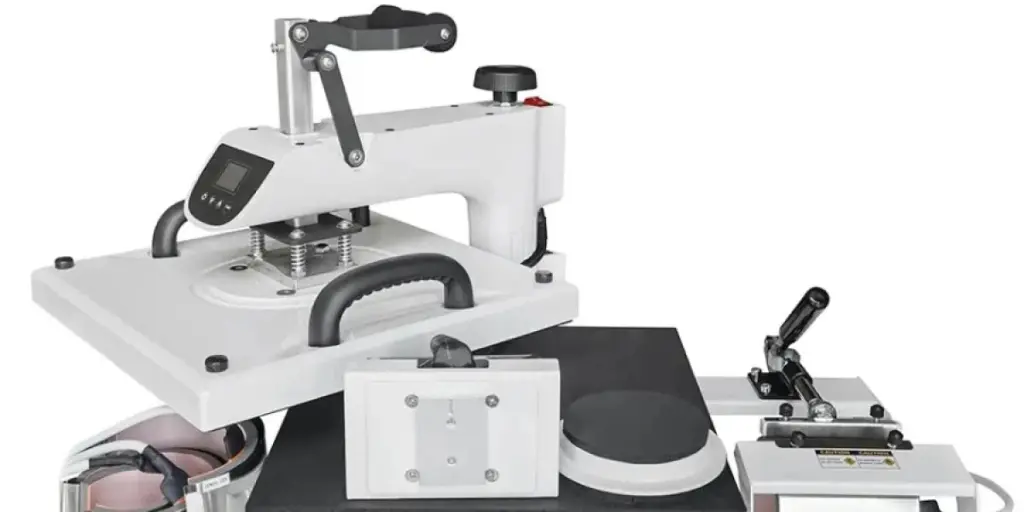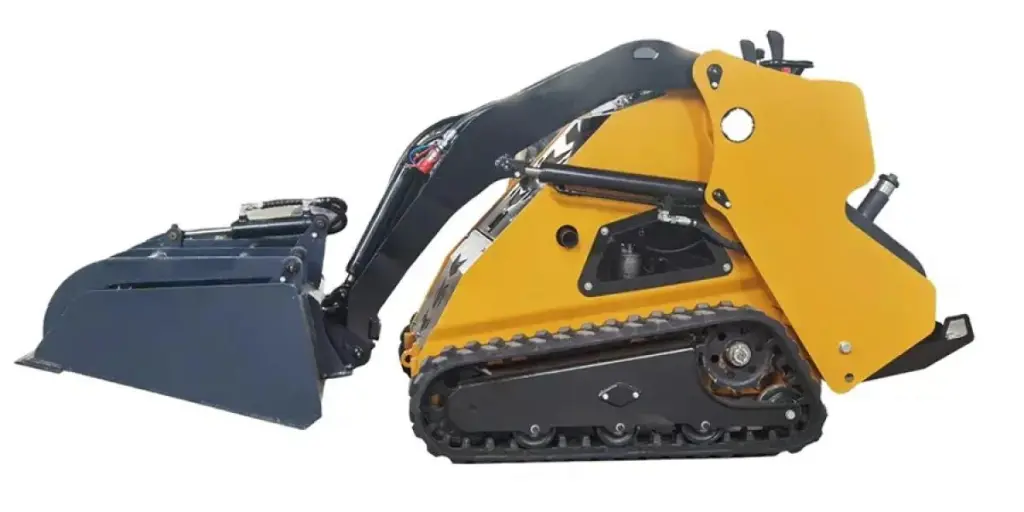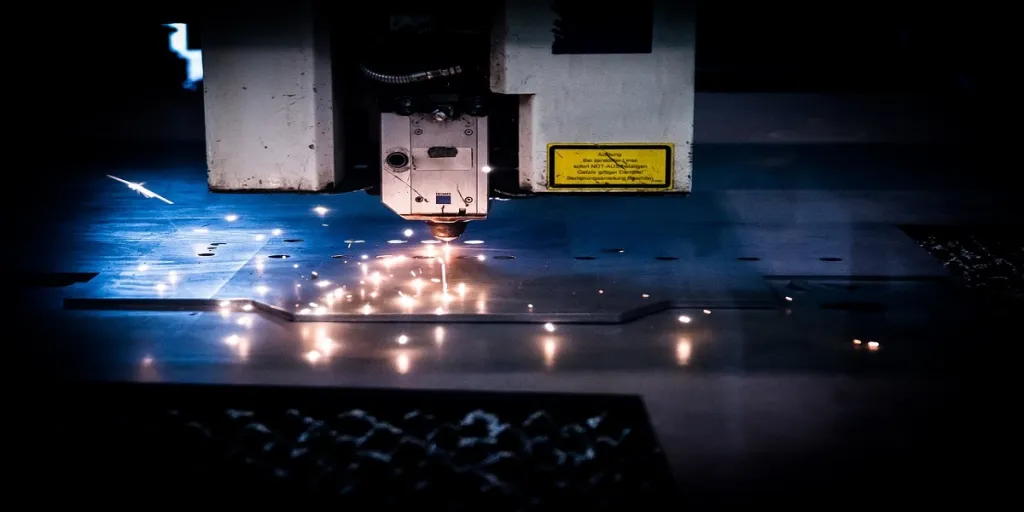EPA data shows that the average American household wastes over 180 gallons of water weekly. Data on businesses and industrial water wastage through leaking faucets, faulty plumbing, and inefficient irrigation systems shows this figure to be even higher.
Besides harming the environment, this wastage drains your hard-earned profits and affects business continuity. But there is a better ways to manage this crisis, which is by investing in a greywater recycling system.
In this comprehensive guide, we’ll walk you through the ins and outs of choosing the ideal water recycling system for your business. You’ll discover how to conserve water, reduce costs, and minimize your environmental impact.
Table of Contents
Understanding greywater recycling
Global market overview for greywater recycling systems
Types of greywater recycling systems?
Factors to consider when choosing a greywater recycling system
Embrace the greywater revolution!
FAQs for greywater recycling systems
Understanding greywater recycling
Greywater recycling is a vital concept in sustainable water management. And to grasp its significance to your business, let’s delve into what greywater is and how to recycle it.
What is greywater?
Greywater is the gently used water from showers, bathroom sinks, hand wash basins, and household laundry machines. It also refers to non-hazardous wastewater from industrial processes such as:
- Washing and cleaning operations
- Cooling water
- Non-process sanitation
- Food and beverage processing
It’s different from water from kitchen sinks and toilets (black water).
What is a greywater recycling system?
Greywater recycling systems collect, treat, and reuse greywater for various purposes. Once the system collects the greywater in a surge tank, it filters, disinfects, and stores it for reuse. While the water is unsafe for human consumption, a business can reduce its bills by reusing the treated water.
Global market overview for greywater recycling systems
According to Market and Market’s statistics, the water recycling and reuse market is expected to grow at a compound annual growth rate (CAGR) of 10.8% from US$ 16.1 billion to US$ 27.0 billion for the period 2023-2028.
Households, businesses, and industries are turning to water recycling to reduce water bills and to positively impact the environment.
Another factor fueling the rapid growth of greywater recycling systems is water scarcity caused by:
- High urban population
- Climate change
- Industrial, domestic, and agricultural water pollution.
These factors create a market for wastewater recycling systems.
Benefits of recycling greywater for business
Greywater recycling offers various benefits for businesses, including:
- Water conservation: Recycling and reusing greywater for non-potable purposes such as toilet flushing, landscape irrigation, and industrial processes can reduce a business’s water consumption.
- Cost savings: Recycling and reusing greywater on-site means businesses can reduce their demand for freshwater, which lowers water bills.
- Environmental impact: It reduces the burden on municipal water treatment plants and the associated energy consumption and carbon emissions.
- Regulatory compliance: If you run a business in regions with water scarcity or water-use restrictions, greywater recycling can help you comply with regulations and avoid penalties.
- Resource efficiency: Recycling greywater allows businesses to optimize resource usage and minimize waste generation.
Based on the above benefits, the greywater recycling system is a worthy investment for businesses and industries. Now let’s discuss which system you can install for your business.
Types of greywater recycling systems?
Depending on their specific needs, businesses, and households can install different greywater recycling systems. This section discusses the three main types and their respective pros and cons.
Basic filtration systems
They use simple filtration methods to remove solids and larger particles from the greywater. And they’re relatively simple, cost-effective, and ideal for smaller-scale applications.
Pros
- They’re cost-effective, hence accessible for businesses with limited budgets.
- Basic filtration systems are easy to operate and maintain.
- They can treat greywater for non-potable applications such as toilet flushing, irrigation, or industrial processes that don’t require high-quality water.
- You can customize them to meet different businesses’ specific needs and scale.
Cons
- Limited treatment capacity as it only focuses on removing larger particles and debris.
- The treated greywater from basic filtration systems has limitations on the type of reuse due to its quality.
- Basic filtration systems are susceptible to foul odors and microbial growth if improperly managed.
Biological treatment systems
This greywater recycling system utilizes natural biological processes to treat and purify greywater for reuse. The system employs microorganisms, plants, or both to remove impurities and contaminants from the water.
Pros
- They align with sustainable principles and promote environmentally friendly practices.
- They require less energy to operate and maintain.
- They can handle various greywater sources and volumes from industrial and commercial settings.
- They can remove nutrients and facilitate greywater recycling for plant growth.
Cons
- Biological treatment systems require more space than other treatment technologies.
- The processes take longer than mechanical or chemical treatment methods.
- Designing and operating biological treatment systems requires specialized knowledge and expertise.
- They’re sensitive to temperature and climate.
Advanced treatment systems
Advanced treatment systems are greywater recycling systems with sophisticated technologies to purify and treat greywater for reuse.
They employ several treatment stages, including:
- Filtration methods (reverse osmosis or ultrafiltration).
- Disinfection techniques (ultraviolet (UV) light or chlorine disinfection).
- Chemical processes.
Business owners can use treated greywater from these systems for irrigation, toilet flushing, and specific industrial processes.
Pros
- High water quality.
- Versatility.
- Advanced disinfection techniques such as ultraviolet (UV) irradiation and ozonation help eliminate harmful microorganisms in greywater.
- The system removes or reduces the presence of chemicals and pollutants, making the water suitable for irrigation.
Cons
- Energy-intensive operations.
- High upfront investment.
- Complex maintenance.
- Space requirements:
Factors to consider when choosing a greywater recycling system
Several key factors should guide your decision-making when selecting the ideal greywater recycling system for your organization. These include:
Water quality requirements for intended uses
What are the intended uses of recycled greywater? For instance, a basic filtration system like the wastewater treatment plant Tdaf might suffice for those who plan to use it for landscape irrigation.
However, if the goal is to use it for cleaning equipment, toilet flushing, or laundry, you may need industrial greywater UF filtration system for higher water quality.
System capacity and scalability
It is also essential to consider the volume of greywater your organization generates and the anticipated future growth. Choose a recycling system that can handle the current demand while allowing scalability.
Space availability and installation considerations
Some systems like the reverse osmosis water plant purifier with large tanks and additional equipment may need more space. Therefore, it is crucial to consider the physical constraints of your premise before choosing a recycling system.
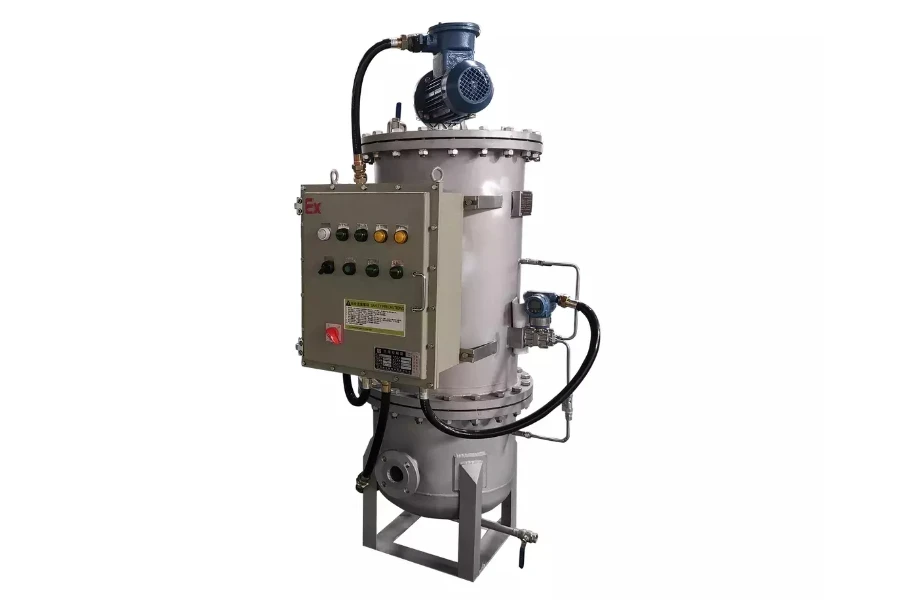
For instance, if you operate a small restaurant with limited space for infrastructure, you can install an automatic backwash filter system to use the space efficiently and meet your water recycling goals.
Maintenance requirements and costs
As a property manager, you’ll need a greywater recycling system that aligns with your maintenance capabilities and budget.
The system should have easily replaceable filters and straightforward maintenance procedures. This feature reduces the cost of the system and makes it convenient.
Energy efficiency and sustainability features
One of the reasons for installing a greywater system is to enhance environmental sustainability. Choosing a system that consumes a lot of energy won’t align with your organization’s commitment to sustainability.
So choose a system with energy-efficient pumps, intelligent controls, or the ability to integrate renewable energy sources.
Budget and ROI
Finally, you want to consider your budgetary constraints and evaluate the system’s return on investment (ROI).
Choosing a system you can afford that provides a reasonable payback period and tangible cost savings over time is essential.
Embrace the greywater revolution!
Greywater recycling systems can revolutionize water consumption and help your business embrace a greener future. Remember, every drop of water saved contributes to your bottom line and conserves our precious environment.
However, it’s important to ensure you implement a recycling system that suits your needs. Whether it’s a basic filtration system for smaller-scale applications or an advanced treatment system for high-quality water, there will be a system available that’s right for you.
FAQs for greywater recycling systems
How do greywater recycling systems work?
Here is how greywater recycling systems work:
- The system collects water from showers, hand wash basins, laundry machines, cooling water, and non-operation processes.
- The collected water is filtered to remove larger particles, debris, and solids.
- The next step is the treatment process to remove impurities and contaminants.
- The treated water is stored for reuse in landscape irrigation, toilet flushing, industrial processes, and cleaning equipment.
How do I set up a greywater system?
Setting up a greywater system involves 8 steps:
- Assess regulations to familiarize yourself with local laws and permits regarding greywater reuse.
- Determine greywater sources in your home or business.
- Evaluate your specific needs and the available space to design an appropriate system.
- Plan plumbing modifications needed to divert the greywater from its sources to the recycling system.
- Select a greywater recycling system that aligns with your needs and budget.
- Follow the manufacturer’s instructions or consult a professional for the installation process.
- Ensure the system is labeled correctly and segregated from potable water sources to avoid potential contamination.
- Establish a maintenance routine to keep your system in optimal condition.
What are the limitations of greywater recycling?
Here are some limitations of greywater recycling:
- Even after treatment, greywater is unsuitable for drinking or cooking.
- Some, like the basic filtration systems, have limited treatment capacity to remove contaminants.
- Advanced treatment systems can be complex to install, operate, and maintain.
- The upfront cost of installing advanced treatment systems is higher than conventional plumbing systems.
- Greywater recycling systems require regular maintenance to ensure their effective operation.
What is the difference between wastewater and greywater?
Wastewater is any water used and discarded from various sources, including residential, commercial, and industrial activities. It encompasses greywater and black water.
On the other hand, greywater is water from bathing, handwashing, laundry, or dishwashing. It does not include water from toilets, kitchens, or water contaminated with human waste.
Is greywater bad for your backyard?
Properly managed greywater is not bad for your backyard. You can use it to support plant growth, provided you treat it to remove contaminants.
Are greywater systems safe?
When properly designed, installed, and maintained, greywater systems are safe and environmentally friendly. Ensure you treat the system properly and avoid using chemical contaminants.
